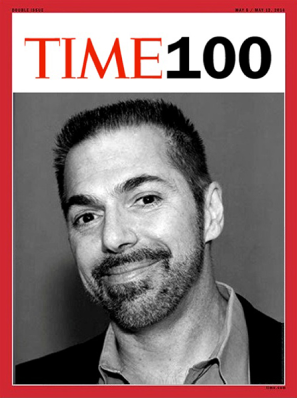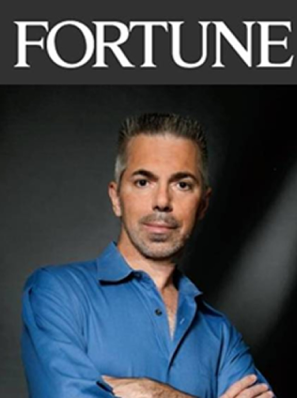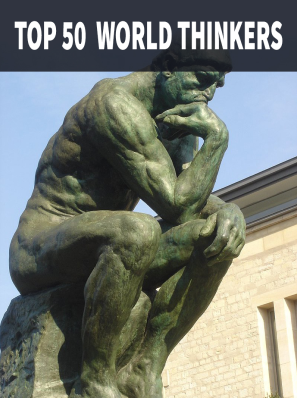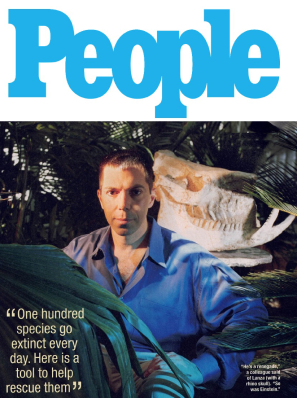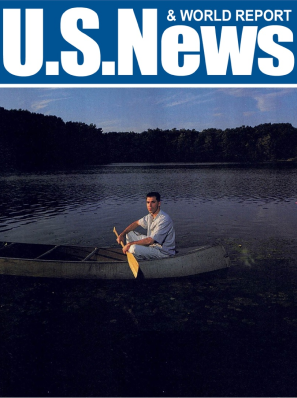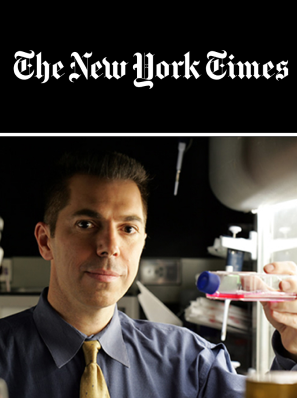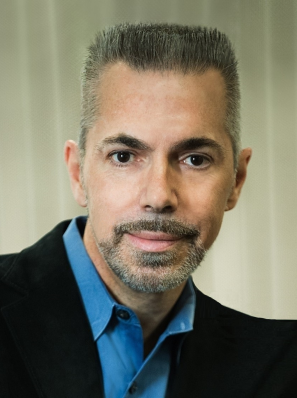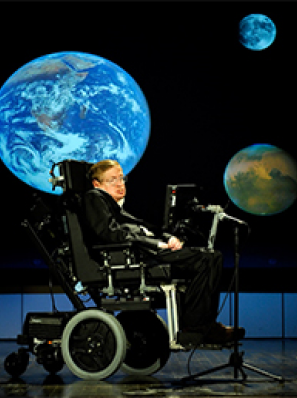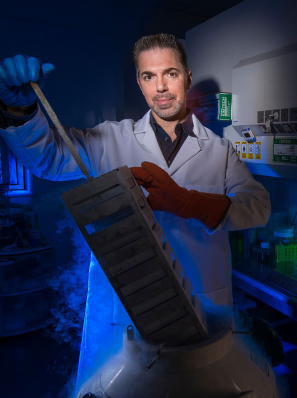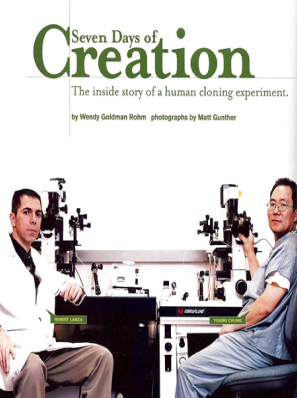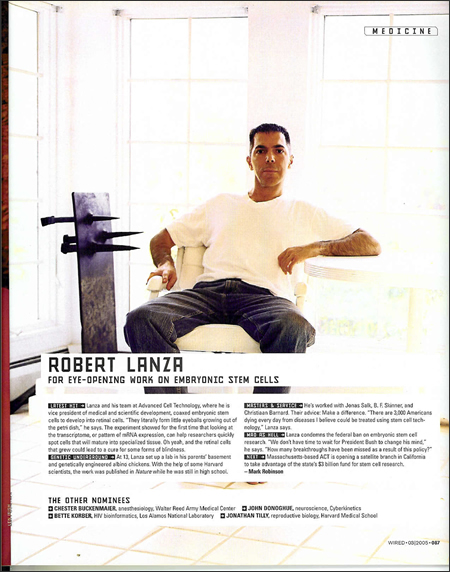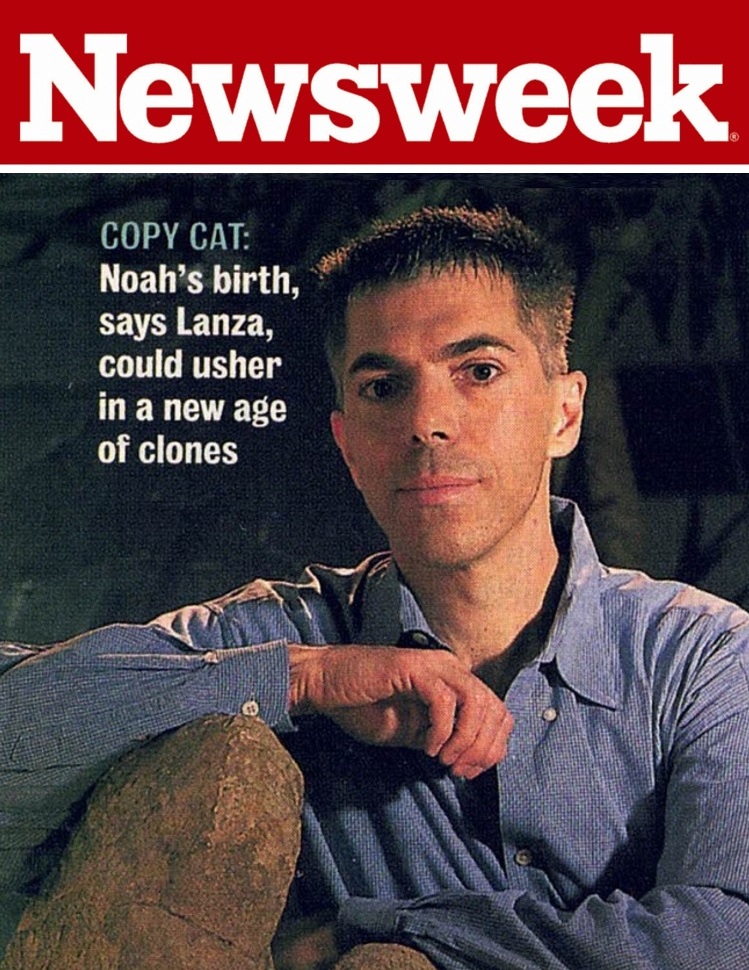For over 10,000 years we’ve looked to the sky and gods for answers. We’ve sent spacecraft to Mars and beyond, and continue to build even bigger machines to find the “God” particle. We’re like Dorothy in “The Wizard of Oz,” who went on a long journey in search of the Wizard to get back home, only to find the answer was inside her all along.
In “2001: A Space Odyssey” astronauts are sent on a quest to Jupiter. At the end, David Bowman finds himself pulled into a tunnel of colored light — beyond space and time — to learn the secrets (but merely finds another riddle). Loren Eiseley, the great anthropologist, summed it up best:
“If the day comes when the slime of the laboratory for the first time crawls under man’s direction, we shall have great need of humbleness. It will be difficult for us to believe, in our pride of achievement, that the secret of life has slipped through our fingers and eludes us still. We will list all the chemicals and the reactions. The men who have become gods will pose austerely before the popping flashbulbs of news photographs, and there will be few to consider — so deep is the mind-set of an age — whether the desire to link life to matter may not have blinded us to the more remarkable characteristics of both.”
Steven Weinberg, who won the Nobel Prize in Physics in 1979, concedes in his book “Dreams of a Final Theory” that there’s a problem with consciousness, and despite the power of physical theory, the existence of consciousness doesn’t seem derivable from physical laws.
When asked if he believed in God, even Einstein replied “There must be something behind the energy.” According to biocentrism, that something is the human (or animal) mind. It’s you, the observer, who collapses reality. Consciousness is one side of the equation, and matter and energy the other. In these days of experiment and disconnected theory, one point seems certain: the nature of the universe can’t be divorced from the nature of life itself. If they’re split, the reality is gone.
“It will remain remarkable,” said Nobel physicist Eugene Wigner, “in whatever way our future concepts may develop, that the very study of the external world led to the conclusion that the content of the consciousness is an ultimate reality.”
Here is the universe: our sense organs perceive atoms and galaxies to some 14 billion light-years, although we can’t see with the eye of reason that the world is for us animals merely a bundle of sensations unified by laws that exist in our understanding. We can’t see the laws upon which nature is built, from the intricate form of a seedpod to the periodicities of the planets and stars. We can’t see the laws that uphold the world, or that if they be removed, then the trees and the mountains, indeed the whole universe, would collapse to nothing.
In this world, only an act of observation can confer shape and form to reality — to a dandelion in a meadow, or a seed pod, or the sun or wind or rain. Anyway, it’s impressive, and your cat or dog can do it, too. And even the spider, there on her web, moored outside my window.
The answer to life and the universe can’t be found by looking through a microscope or inspecting spiral galaxies. It lies deeper. It involves our very selves. Our consciousness is why they exist. It unifies the thinking, extended worlds into a coherent experience and animates the music that creates our emotions and purposes — the good and the bad, wars and love. It doesn’t load the dice for you to play the game of life. True, there’s pain and strife everywhere. But as Will Durant pointed out, we need to see “behind the strife, the friendly aid of neighbors, the rollicking joy of children and young men, the dances of vivacious girls, the willing sacrifices of parents and lovers, the patient bounty of the soil, and the renaissance of spring.”
In whatever form it takes, life sings because it has a song. The meaning is in the lyrics.
“Biocentrism” and “Beyond Biocentrism” (BenBella Books) lay out Lanza’s theory of everything.
View article on Huffington Post Comments (193)

